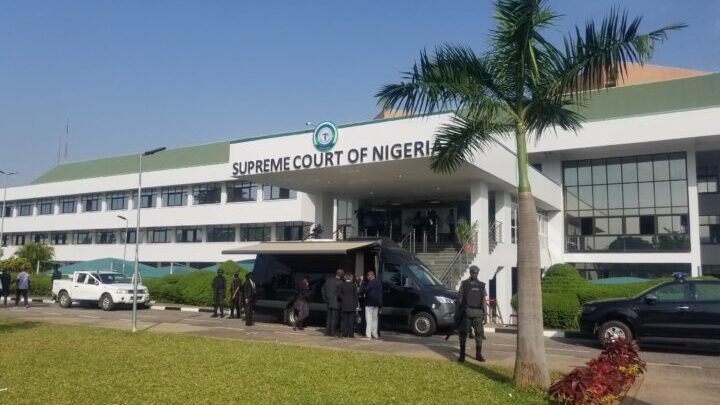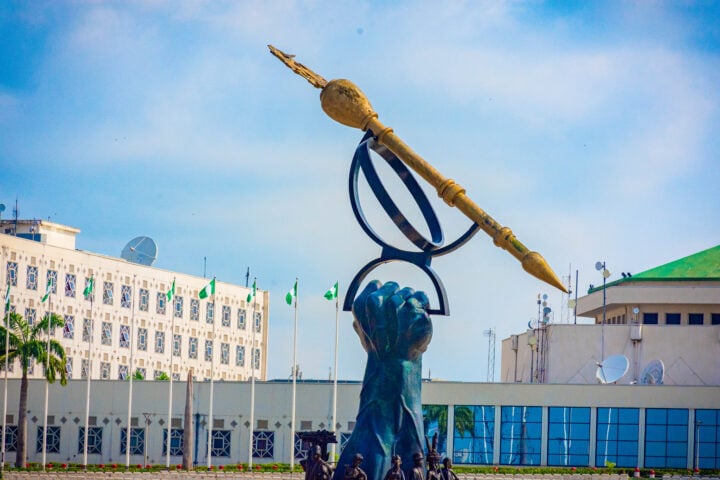Supreme court
The Centre for Fiscal Transparency and Public Integrity says local governments are yet to enjoy the financial autonomy granted by the supreme court in July 2024.
The apex court had ruled that allocations from the federation account should be paid directly to the 774 local government councils rather than through state governments.
The decision was widely celebrated as a landmark judgment to strengthen grassroots governance.
In August 2024, the federal government inaugurated a 10-member inter-ministerial committee to enforce the supreme court judgment granting financial autonomy to the LGAs.
Advertisement
But in a report presented in Abuja on Friday, the civil society organisation said its findings suggest that most councils have not been receiving funds directly from the federation account despite the ruling, while weak governance structures continue to undermine accountability.
Umar Yakubu, executive director of the centre, said there is little evidence that local governments have started to benefit from the ruling.
Yakubu said the report, titled Nigerian Local Government Integrity Index (NLGII): A Framework for Accountability, provides the “first nationwide corruption and governance risk assessment of local councils”.
Advertisement
According to the findings, 85 percent of Nigeria’s LGAs face “very high or critical risk due to poor governance, opacity, weak enforcement, and failing services”.
Yakubu said the index identifies priority areas where reforms and interventions are needed, covering eight governance pillars. He added that beyond autonomy, capacity building and training remain essential if LGAs are to deliver basic services.
“What the index has just done is to practically look at those areas where interventions are needed,” Yakubu said.
“There are things that need to be taken into consideration so that the local governments can effectively deliver what they are supposed to deliver to the people.”
Advertisement
He noted that transparency in Nigeria follows a tiered pattern, with federal institutions showing the most openness, states following, and local governments lagging significantly behind.
The framework, he said, aims to bridge that gap by setting benchmarks that councils can adopt to strengthen governance.
Yakubu recommended that enforcement agencies like the Economic and Financial Crimes Commission (EFCC), the Independent Corrupt Practices and Other Related Offences Commission (ICPC), and the Code of Conduct Bureau should pay closer attention to councils in tiers 4 and 5, where risks are most severe.
Chris Uwadoka, special adviser to Victor Muruako, chairman at Fiscal Responsibility Commission, said fiscal transparency is crucial for LGA progress, as it reduces corruption by making financial activities visible.
Advertisement
Uwadoka advocated for open financial records to reduce temptation and prevent corruption among LGA officials.
Advertisement










